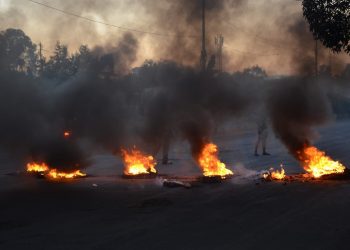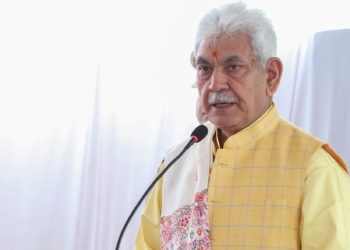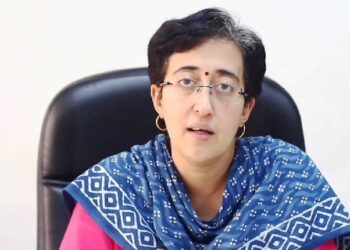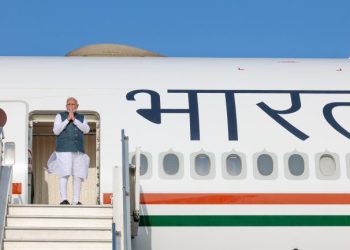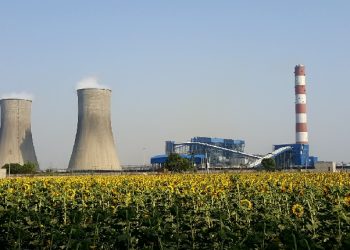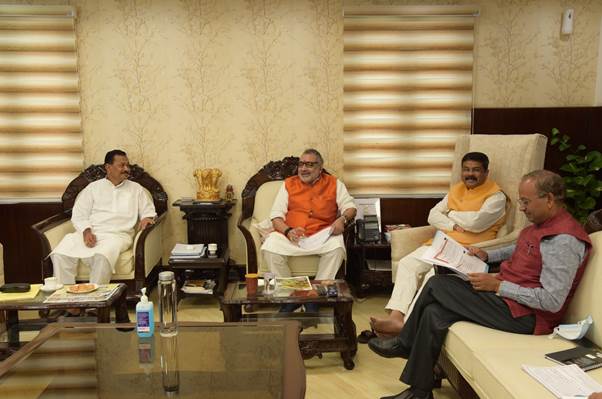Srinagar: On August 5, 2019, a monumental and courageous decision was taken by the Parliament of India to revoke the temporary special status granted to the erstwhile state of Jammu and Kashmir under Article 370 of the Constitution.
Under the garb of special status, few privileged families in J&K enjoyed absolute autonomy. They ran a separate country using the Centre’s resources and taxpayers’ money meant for public welfare. They even alienated Kashmiris from the rest of India with their divisive agendas.
The total integration of J&K with the rest of the nation was necessary to achieve the Constitutional vision of ‘Ek Bharat, Shresth Bharat’. Article 370 was a psychological and cultural barrier used as an excuse to create an identity crisis among the youth to control them better.
Under the shadow of militancy, this paradise was inaccessible and unexplored due to security reasons. Fast forward to this year, February alone witnessed 1.42 lakh tourist foorfalls. The first six months of the year saw footfalls of six lakh people.
The Srinagar airport is operating 90 flights daily in and out of Kashmir. The UT of J&K has been finally connected to the UAE by the Srinagar-Sharjah five-flight a week access flagged off by the Ministry of Civil Aviation in October last year.
The Amarnath Yatra of 2022 was the biggest congregation in the history of Kashmir. All hotels are fully booked till the end of August in the Valley.
The government has launched the J&K Tourist Village Network under Mission Youth to boost adventure tourism in J&K. Under this programme, 75 villages of the Union Territory known for their adventure sports potential, scenic views, historical importance and cultural significance will be transformed into tourist villages.
The small hamlets of the Valley have their own unique identity, geography, indigenous knowledge systems, cultural practices, and heritage that the world is yet to discover. Incentives are being provided to filmmakers to further popularise these destinations. The youth-led sustainable tourism initiative will strengthen the economy and provide employment opportunities to the locals.
The last three years have been the death of favouritism and nepotism in the Valley. Today, all people stand the same chance in the face of opportunities and employment, irrespective of caste, gender and past political affiliations.
There was a time when government officials only absorbed their family members and friends in government jobs, regardless of their qualification and credibility. The J&K government fuelled on bribery and ‘sifarish’, and merit had little value. Today, the deserving candidates are running important offices and delivering results.
Lt Governor Manoj Sinha has made it very clear that his office will have ‘zero-tolerance’ for corruption, proven by his recent decision on recruiting sub-inspectors in J&K Police after a series of arduous elimination process based on knowledge, training and mental and physical fitness.
In the last three years, the government has set up a transparent system for recruitment to various posts and departments. A record number of vacancies were advertised by Jammu and Kashmir Service Selection Board, Jammu and Kashmir Public Service Commission, and other agencies.
Every candidate went through the same process — written test, open discussion, and interview. The recruiters have documented the basis of the elimination processes; the selection of candidates is impartial.
Sinha’s administration has been working relentlessly to ensure higher incomes for farmers, in line with PM’s vision of doubling (small) farmers’ income through empowerment and self-reliance. The administration is committed to providing facilities such as godowns, custom hiring centres, primary processing units, sorting and grading units, and cold storage at low costs to motivate people to take up entrepreneurial initiatives.
Special promotions and subsidies are being given to beekeeping under the National Beekeeping and Honey Mission.
‘Agri-preneurs’ is the trending term for curious farmers taking up entrepreneurship in agriculture and allied sectors, thanks to government-sponsored setting-up costs, rebates, free certificate courses, crop insurance schemes, financial incentives, etc.
Self-help groups (SHGs) are learning skills such as food processing, fruit growing and management, animal husbandry, poultry, mushroom farming, organic farming, propagation of aromatic/medicinal plants, etc. The aim is to make the agriculture sector farmer-friendly. The government is also conducting ‘Kisan Melas’ to bridge the gap between the farmers and agriculture scientists.
Development in any sector can only take place in a peaceful climate. Sinha’s zero-tolerance policy towards terrorism has resulted in a substantial decline in militant attacks from 2019. Today we don’t hear stories of stone-pelting, terrorist attacks, and Hurriyat-issued calendars. Their energies have been given an outlet, an opportunity to live a life worth living.
Today Kashmir is known for its hydroelectric power projects, new expressways, IITs, AIIMS, IIMs, and all elements that point towards a developed state. This is a governance ‘For the People’.
Abrogation of Articles 370 and 35A has challenged the people of Jammu and Kashmir to set a new political narrative and practical goals for a better life. The advocates of Article 370 were its greatest abusers; today their hypocrisy is public knowledge.
Traditional political parties made the citizens believe they were somehow fighting a war for freedom. Now when the rose-tinted glasses of the ‘awaam’ are off, they understand how the elite political and bureaucratic class was digging their grave to doom. They had been misleading the impressionable and innocent minds for decades.
In the Naya Kashmir, the fake narratives on Article 370 abrogation stand annulled.
(IANS)




